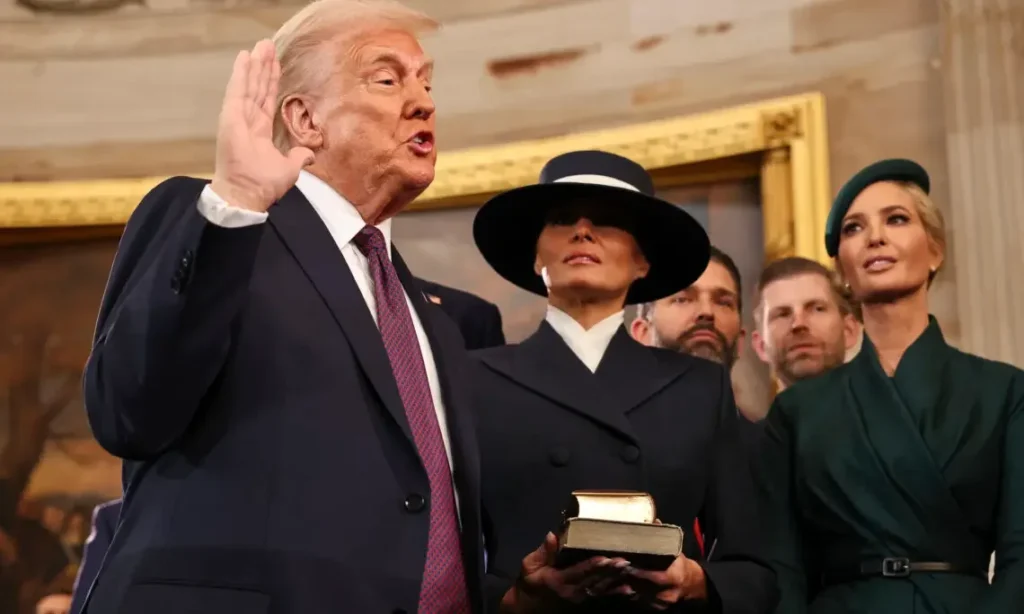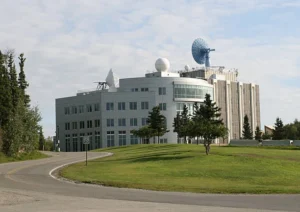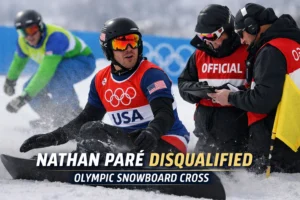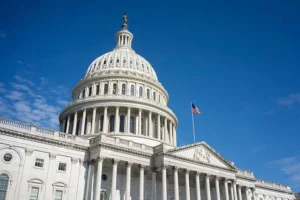President Donald Trump announced plans to meet Russian President Vladimir Putin in Alaska next Friday for peace talks. Trump revealed the August 15 2025, meeting on social media, calling it a historic opportunity to address the three-year Russian invasion of Ukraine.
Within an hour, activists scheduled a protest in downtown Anchorage, urging demonstrators to fight back against Trump during the high-profile event. Alaska Governor Mike Dunleavy welcomed the meeting, emphasizing Alaska’s long-standing role as a bridge between nations and a vital diplomatic gateway.
If confirmed, the meeting would mark Alaska’s third presidential-level international encounter, following Nixon’s meeting with Emperor Hirohito and Reagan’s with Pope John Paul II. No Russian leader, including Putin, has ever visited Alaska since its 1867 purchase from the Russian Empire, despite both nations’ historical and geographical proximity.
Trump’s announcement follows a Russian proposal to end hostilities if Ukraine ceded the Donetsk region, along with previously seized Luhansk and Crimea. During a White House news conference, Trump suggested he might consider territorial concessions, citing heavy losses on both the Russian and Ukrainian sides.
European and Ukrainian leaders have repeatedly rejected similar offers, warning that such agreements could serve as tactics to delay sanctions or military pressure. Trump recently threatened sanctions on Russian oil tankers and buyers if Moscow failed to reach a ceasefire agreement by this Friday.
Despite discussions involving Ukraine’s President Zelenskyy, officials have not confirmed whether Ukrainian representatives will attend the meeting in Alaska. One Ukrainian official compared excluding Ukraine from talks to the 1938 meeting that preceded Czechoslovakia’s division before World War II in Europe.
The Alaska summit would be Trump’s first in-person meeting with Putin since 2019, despite multiple phone conversations during his current presidential term. Historically, sitting US presidents have visited Alaska for strategic or diplomatic reasons, but hosting direct peace negotiations remains a rare occurrence.










